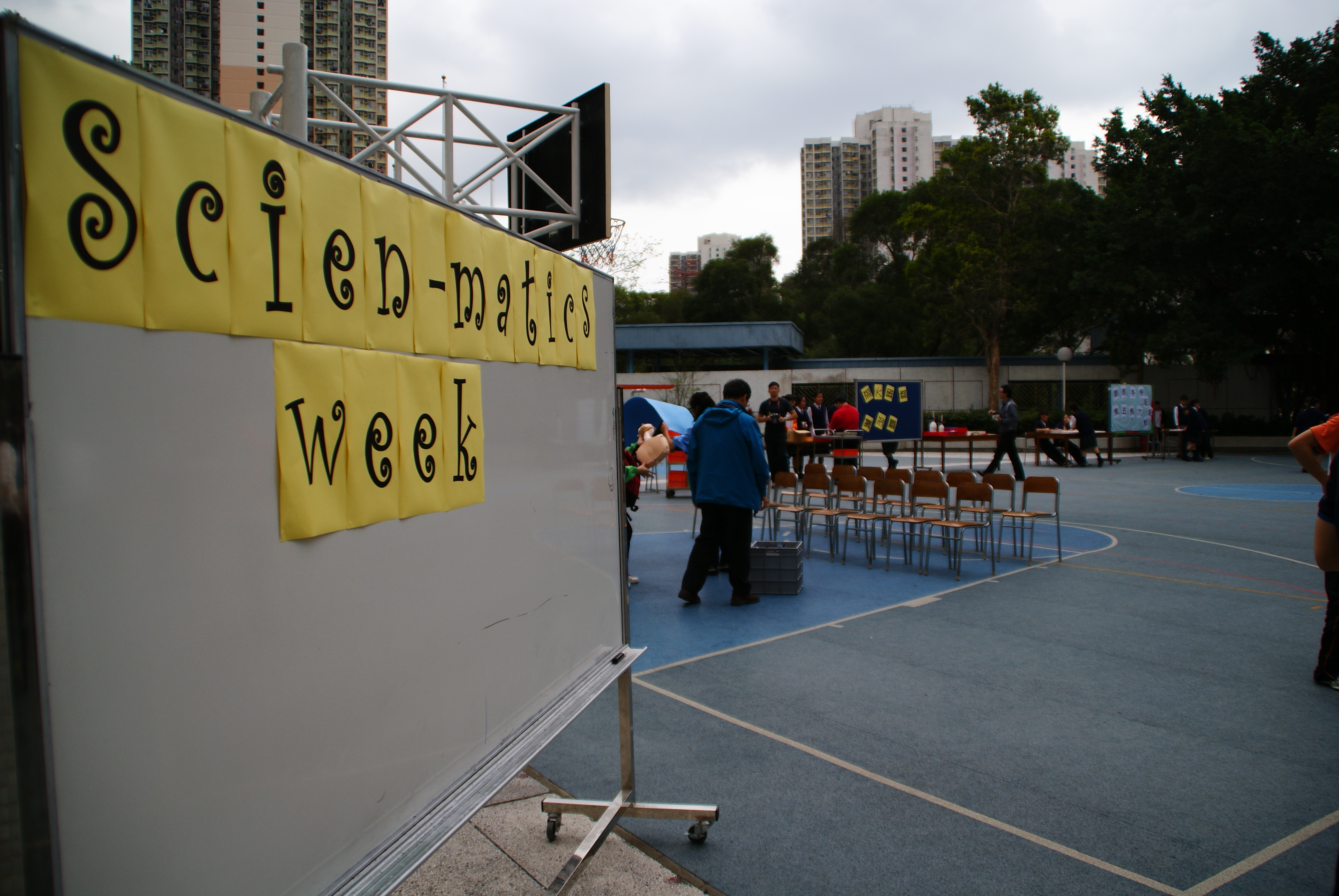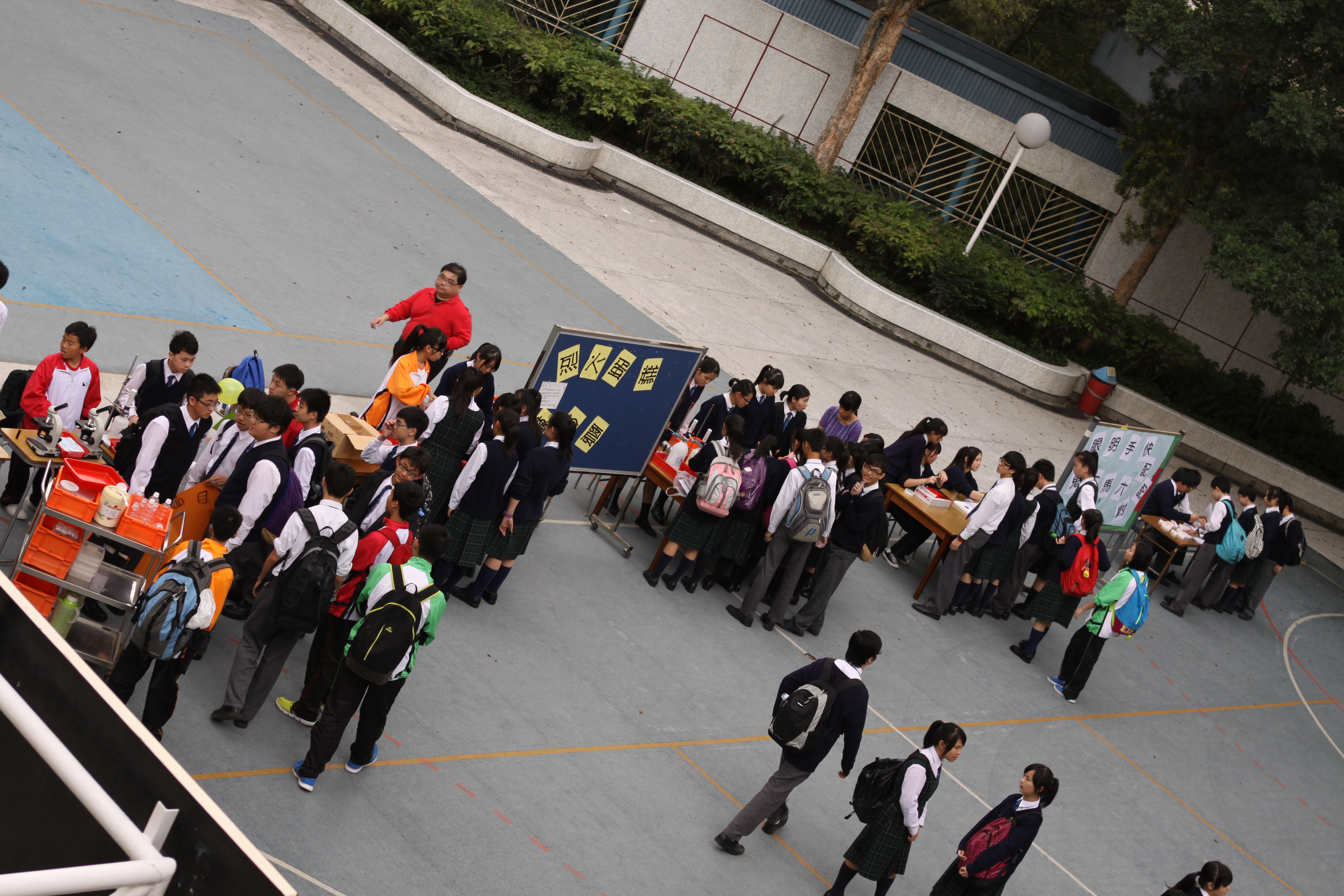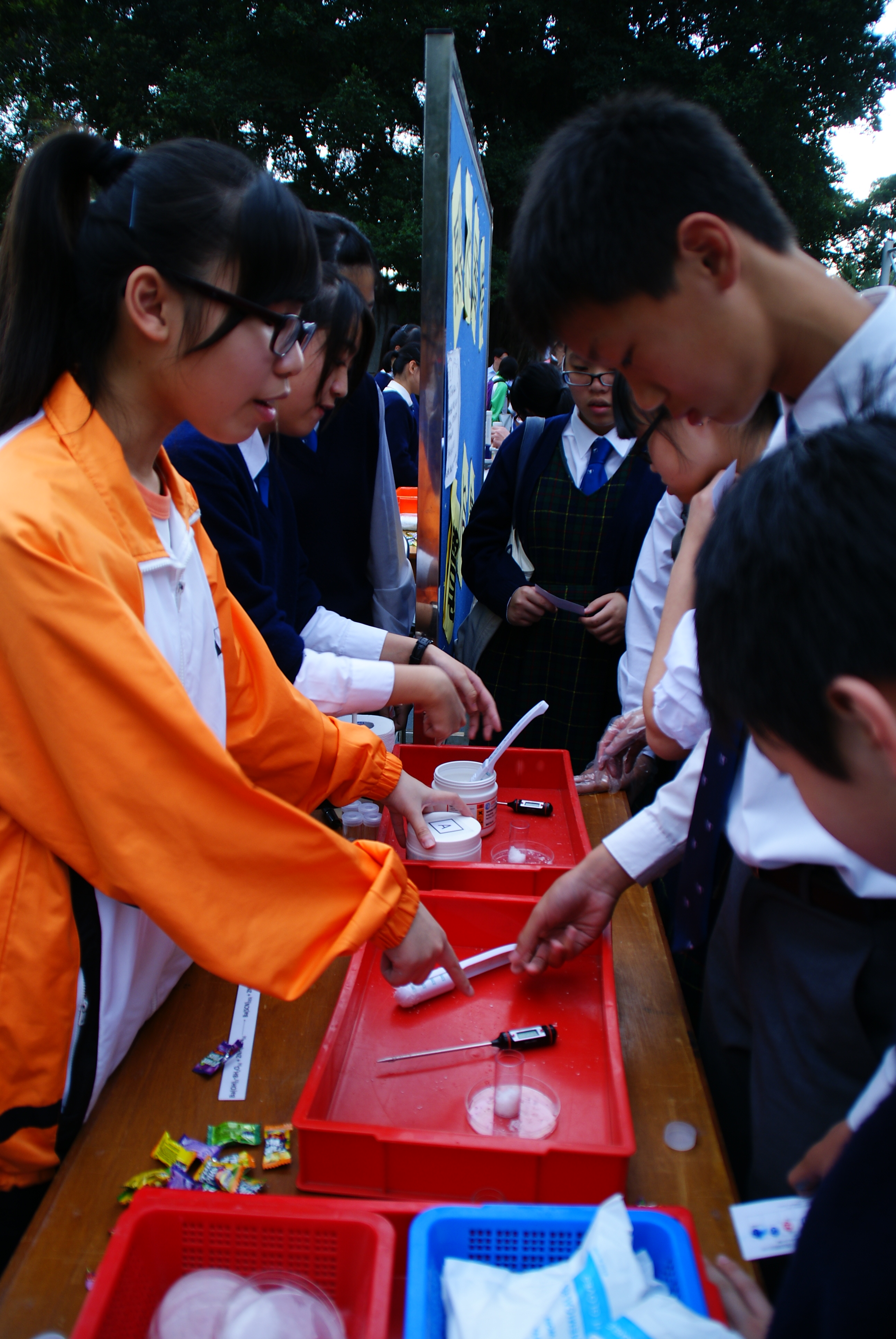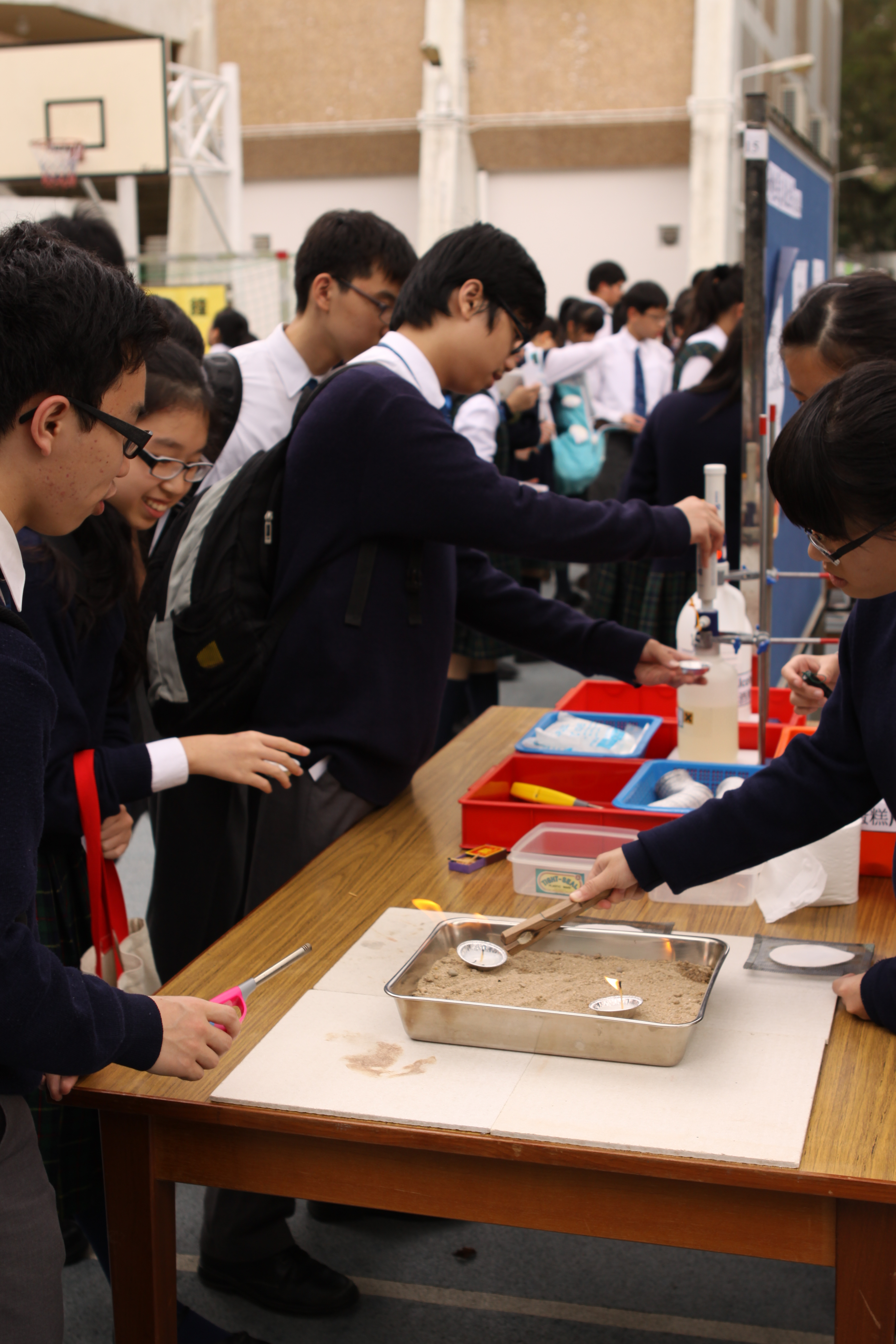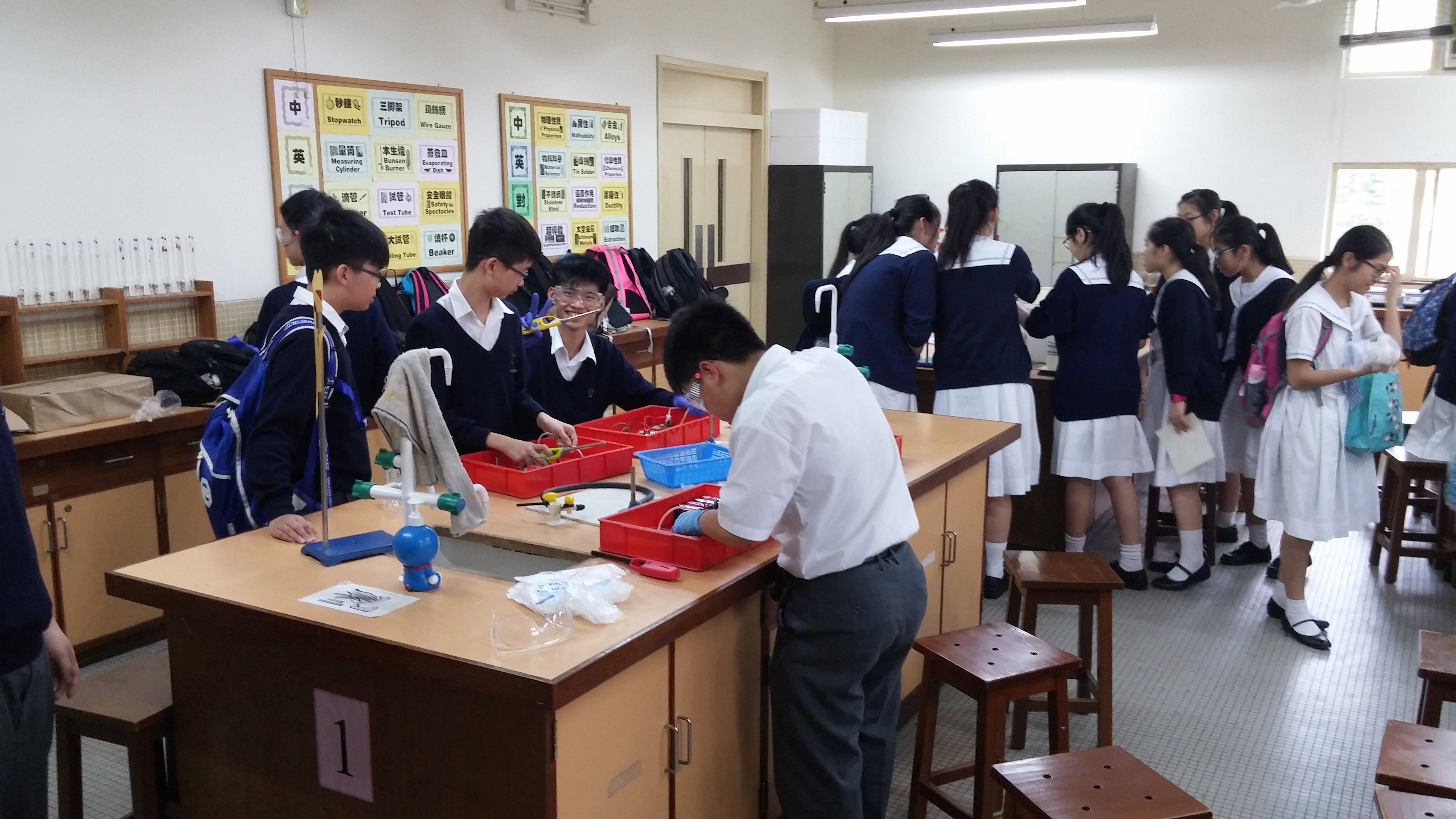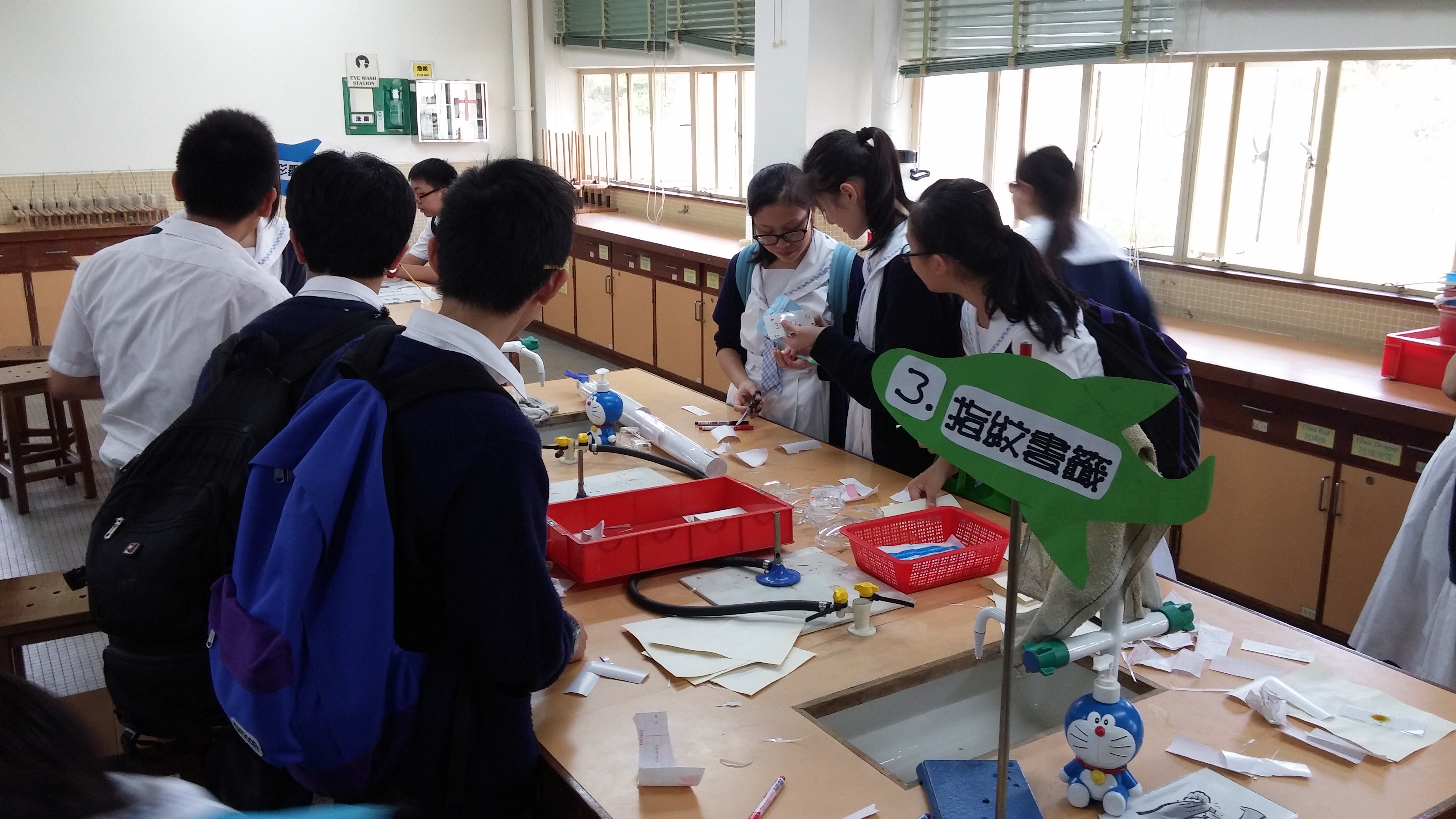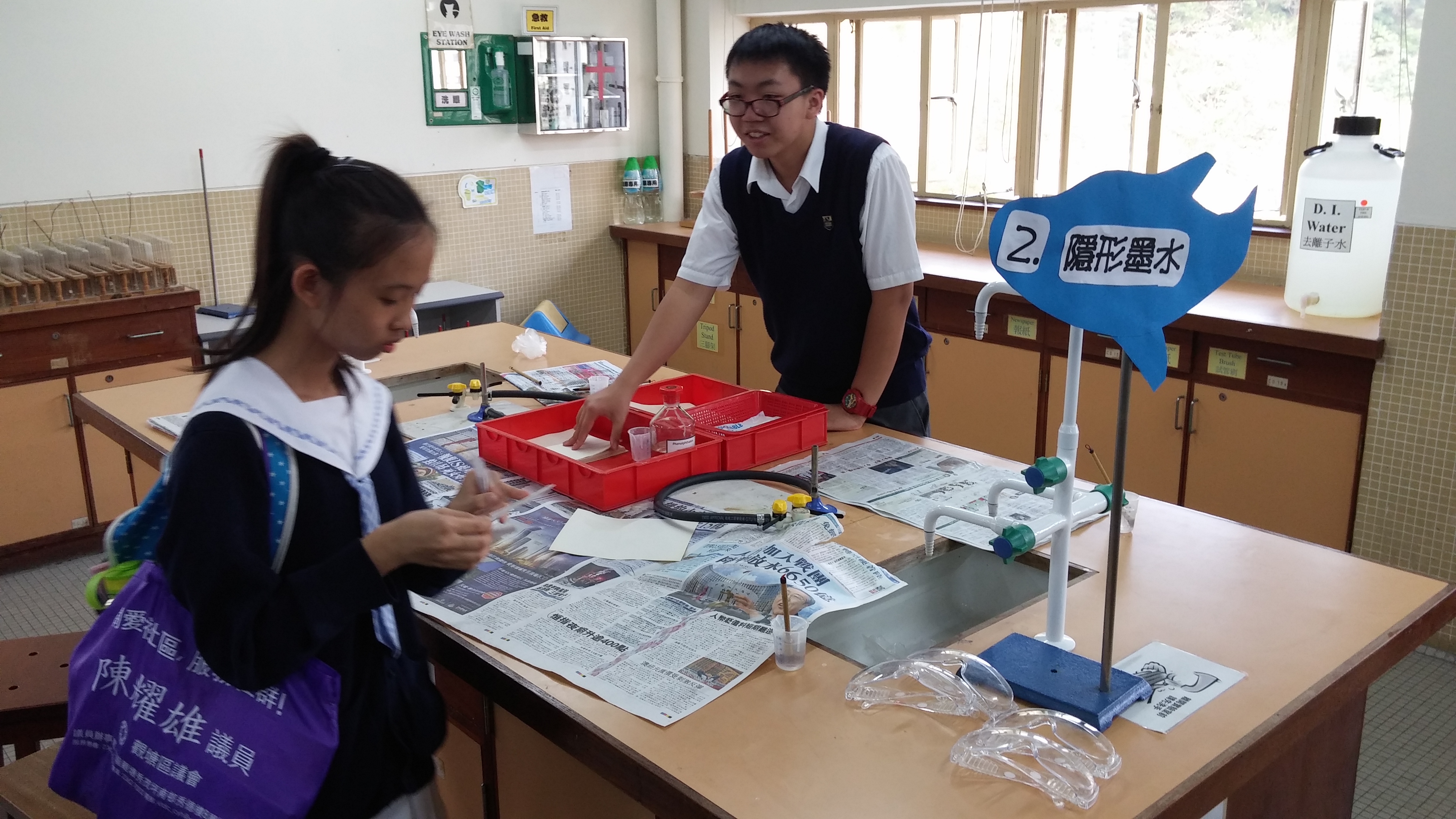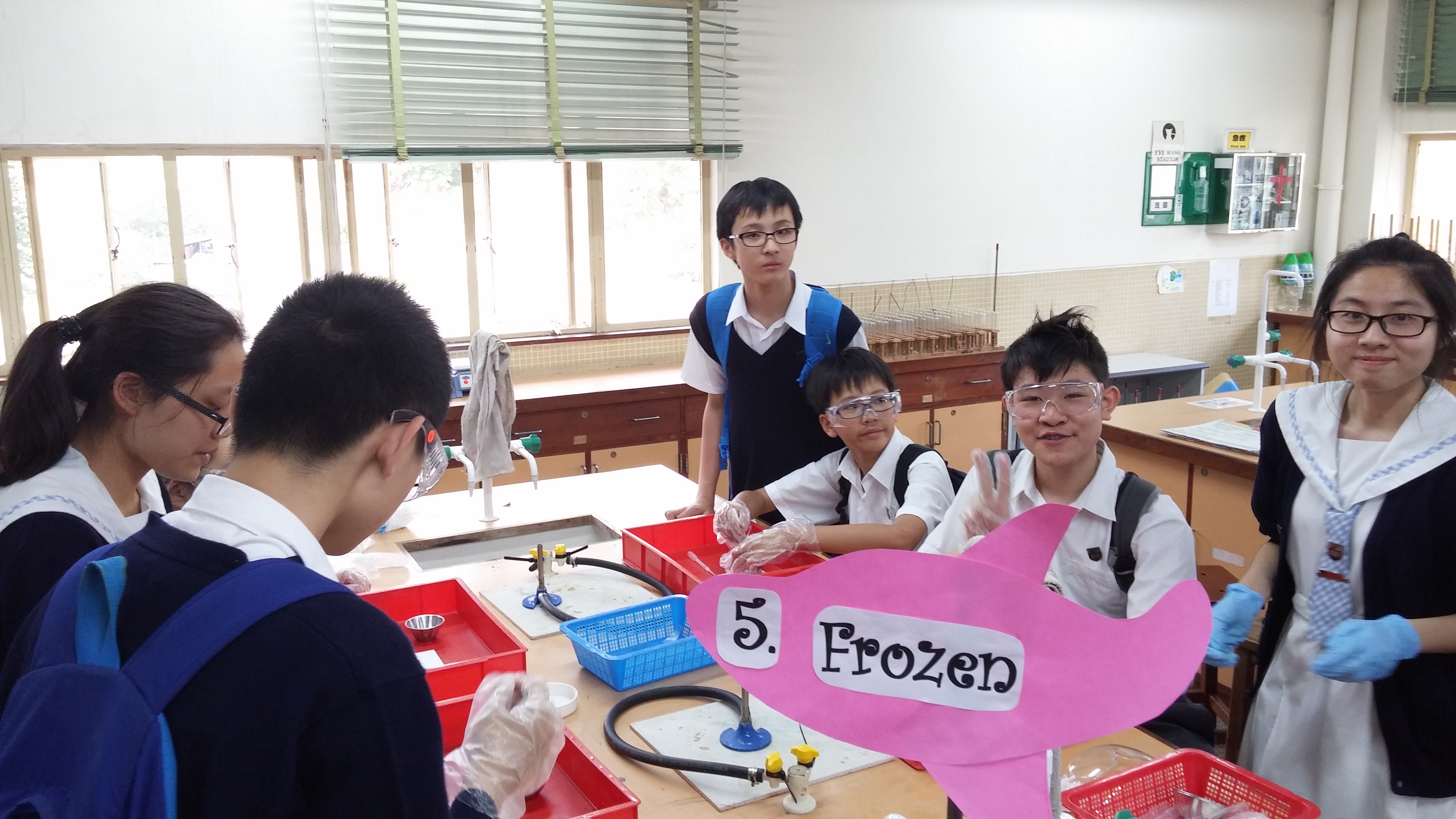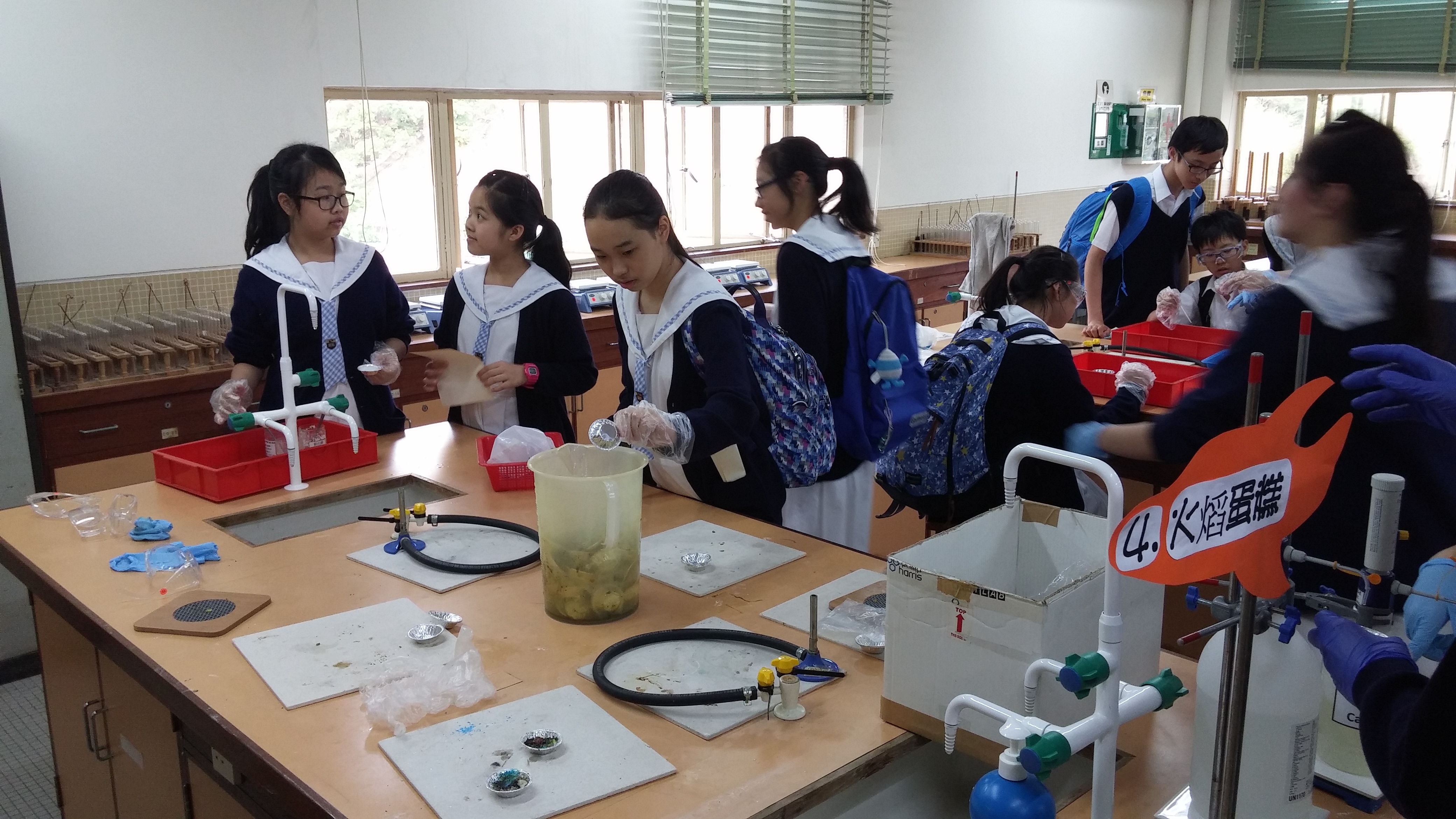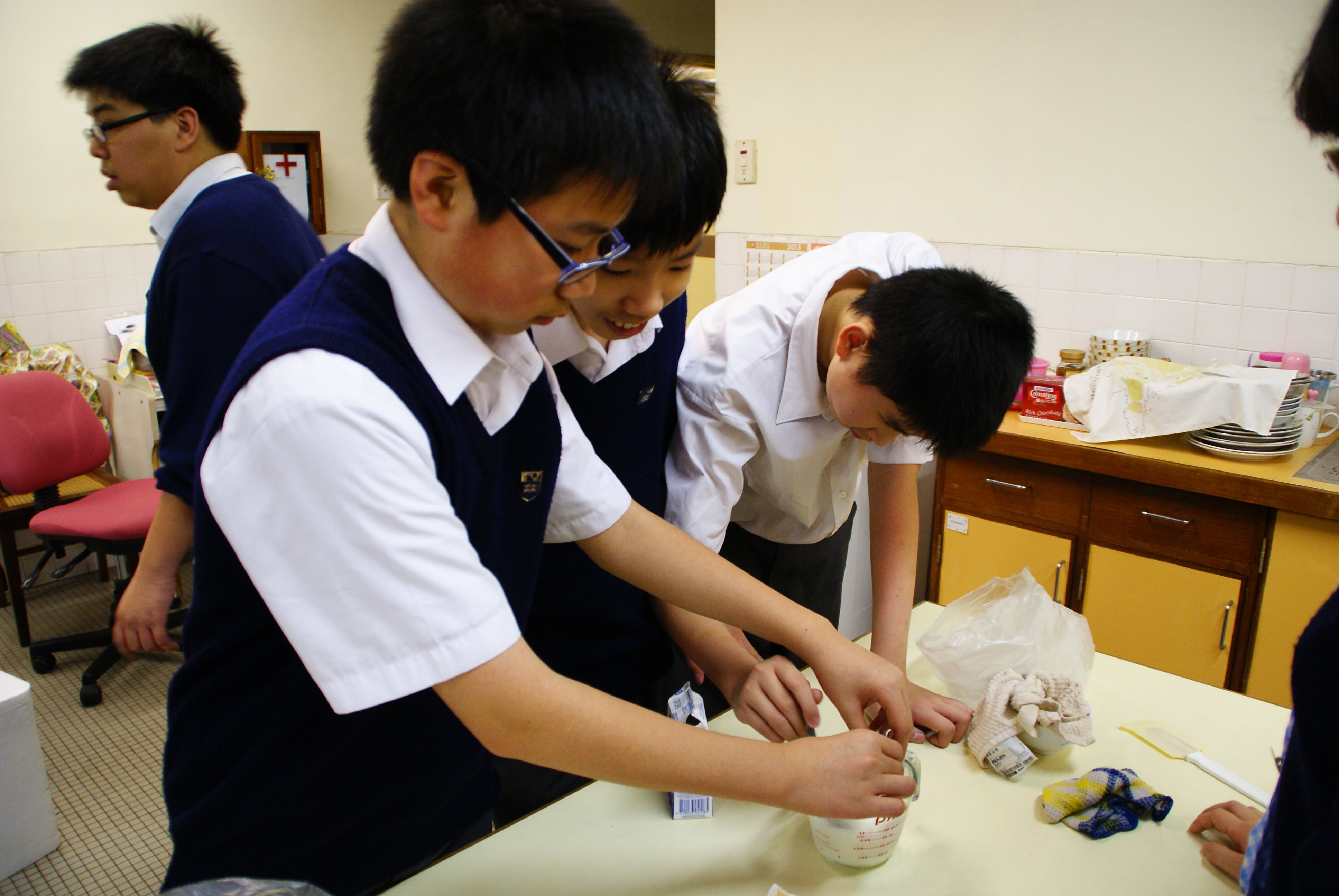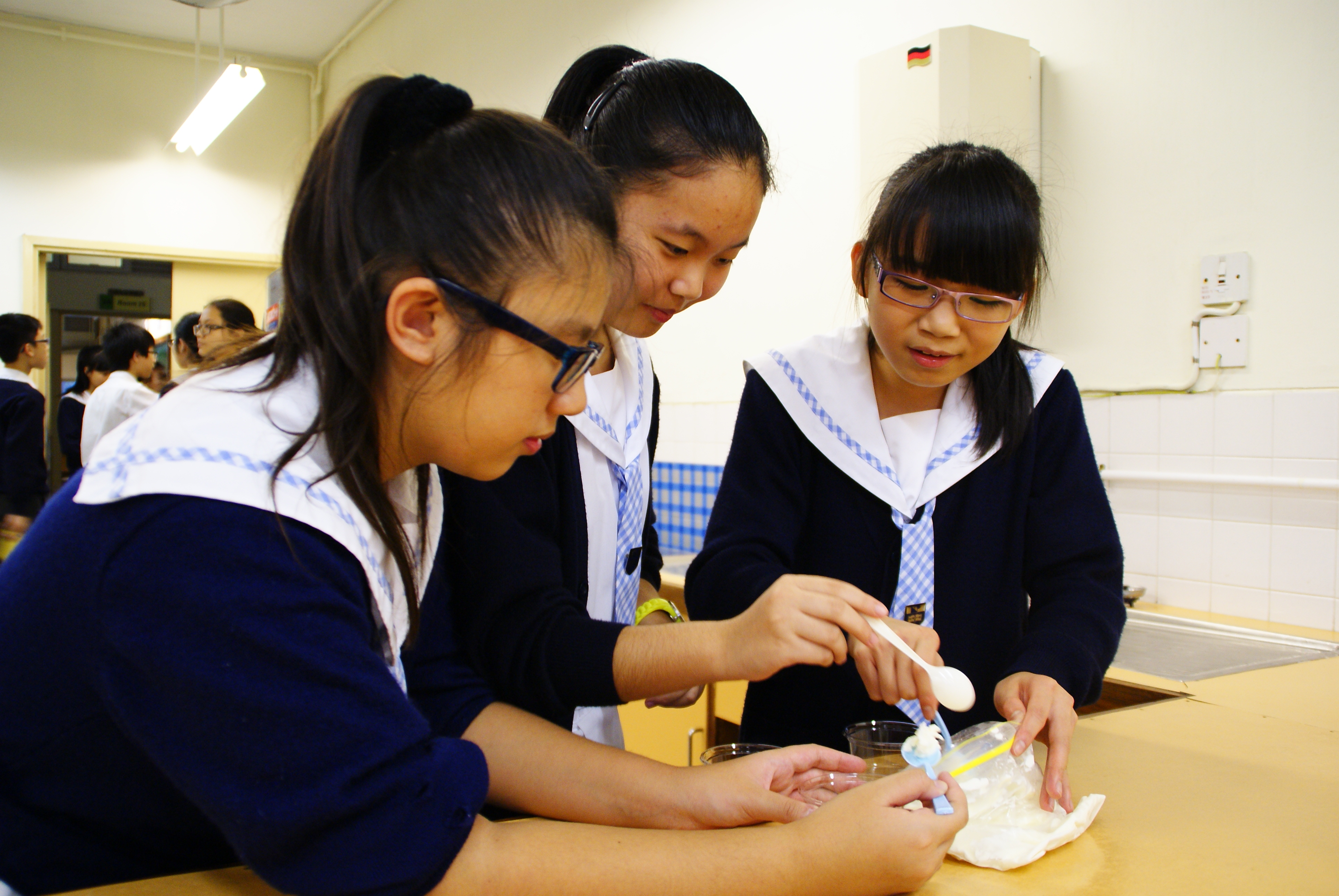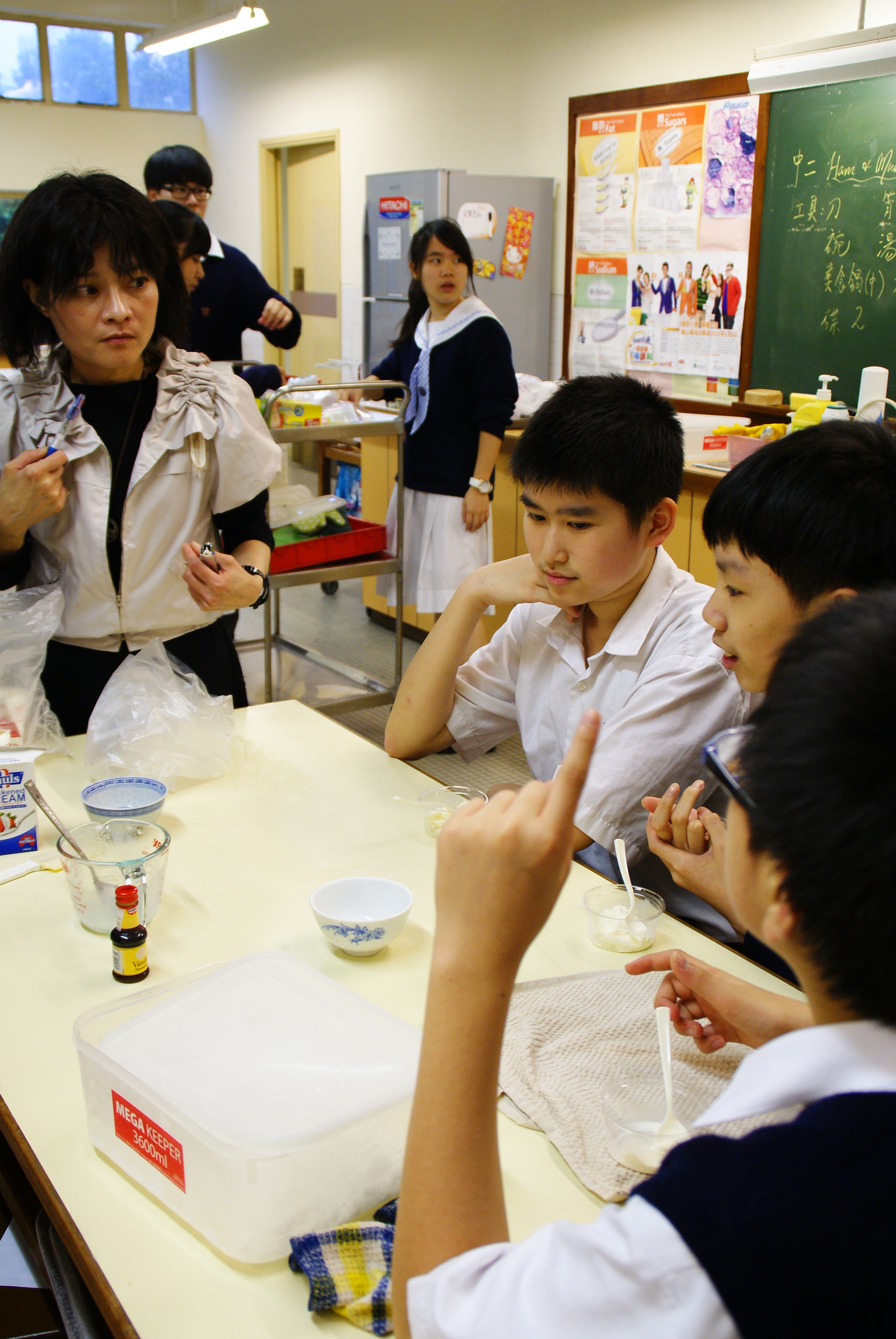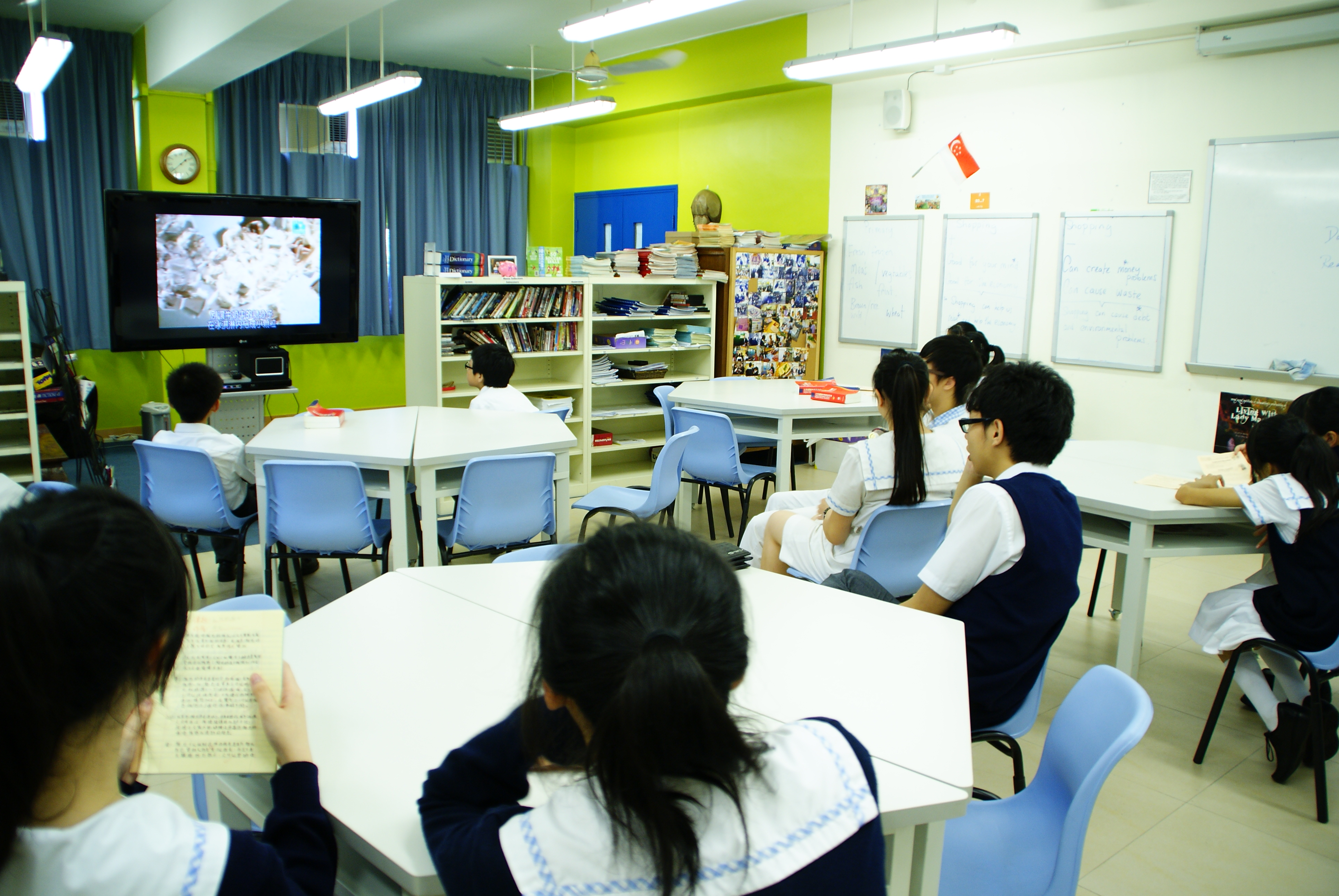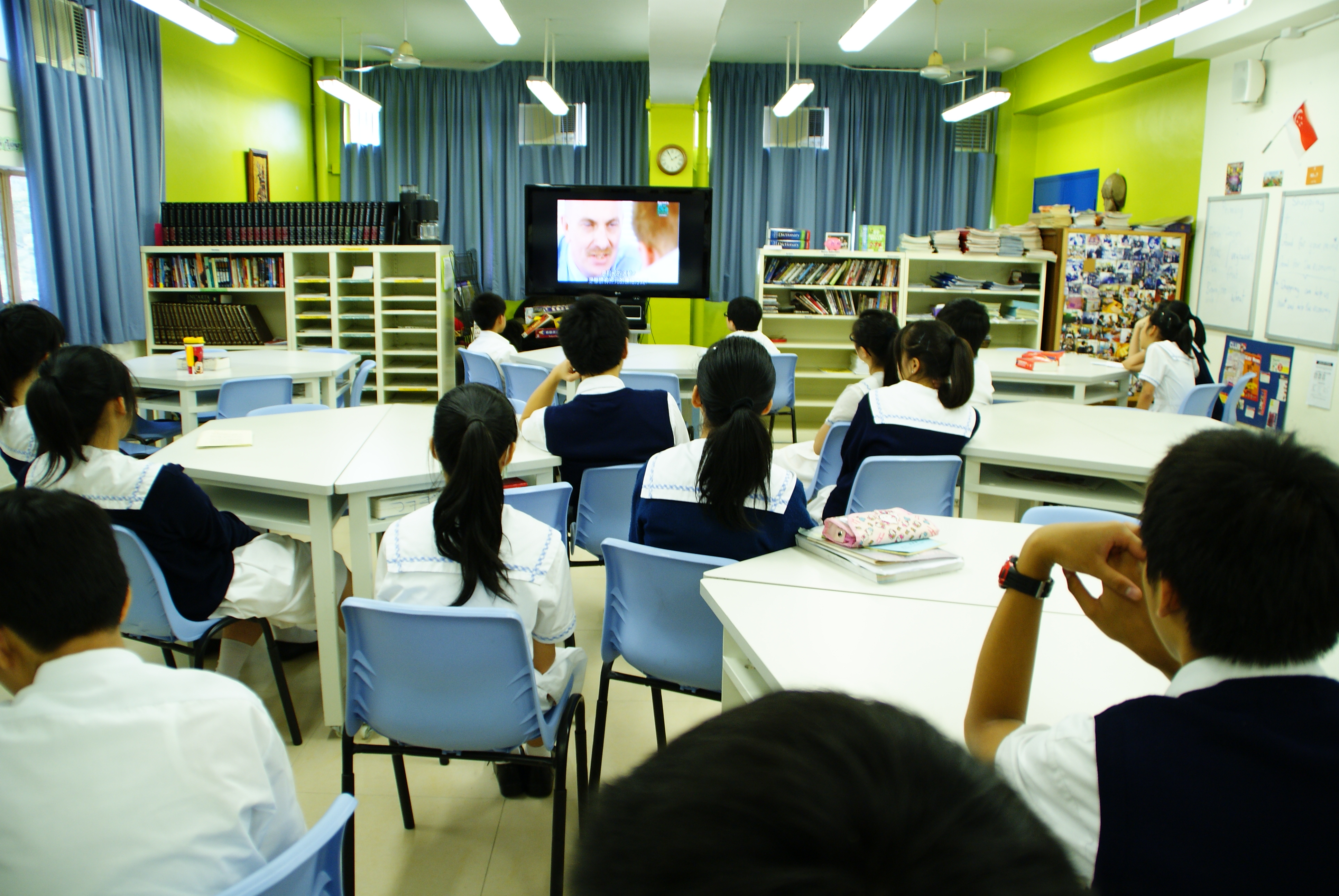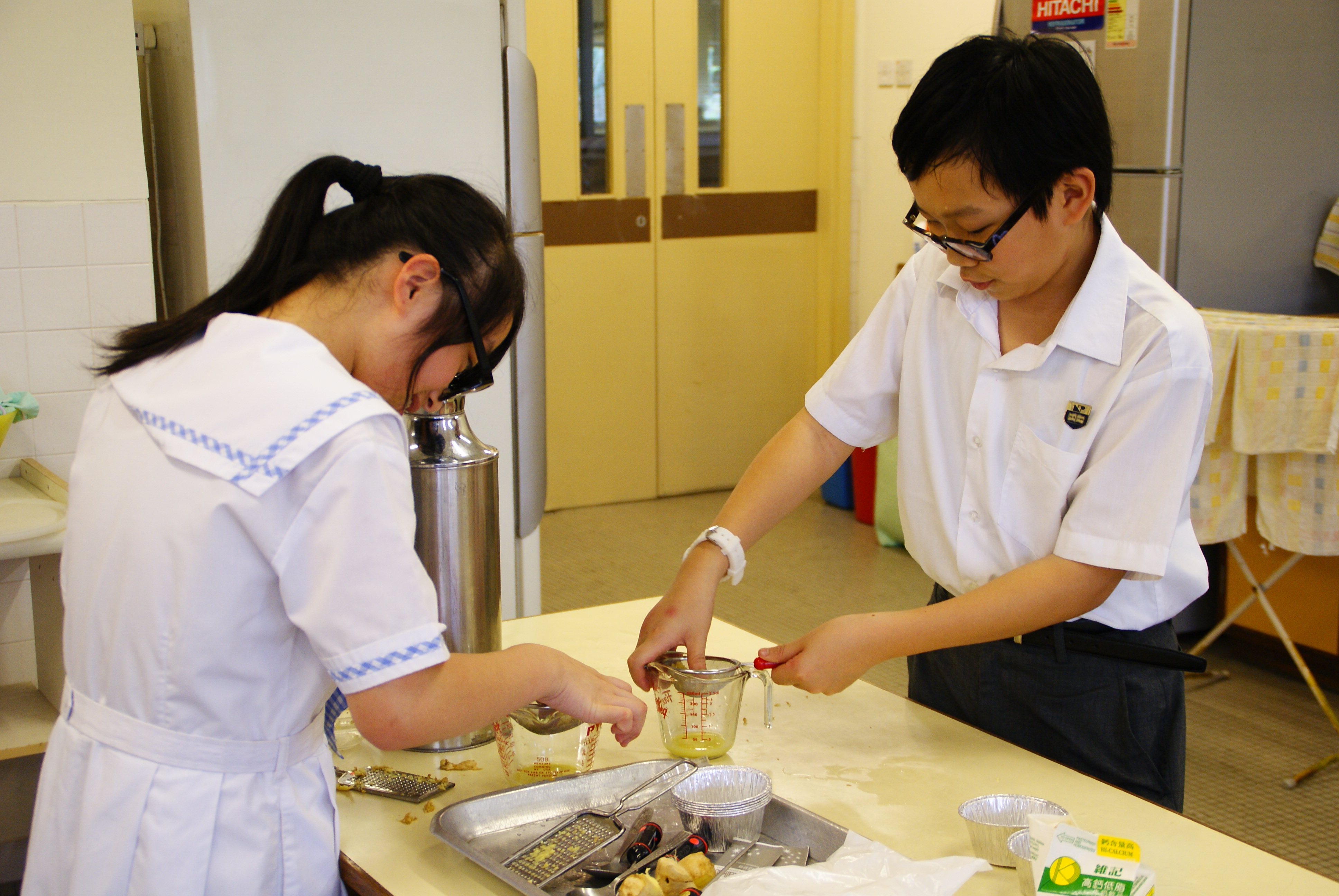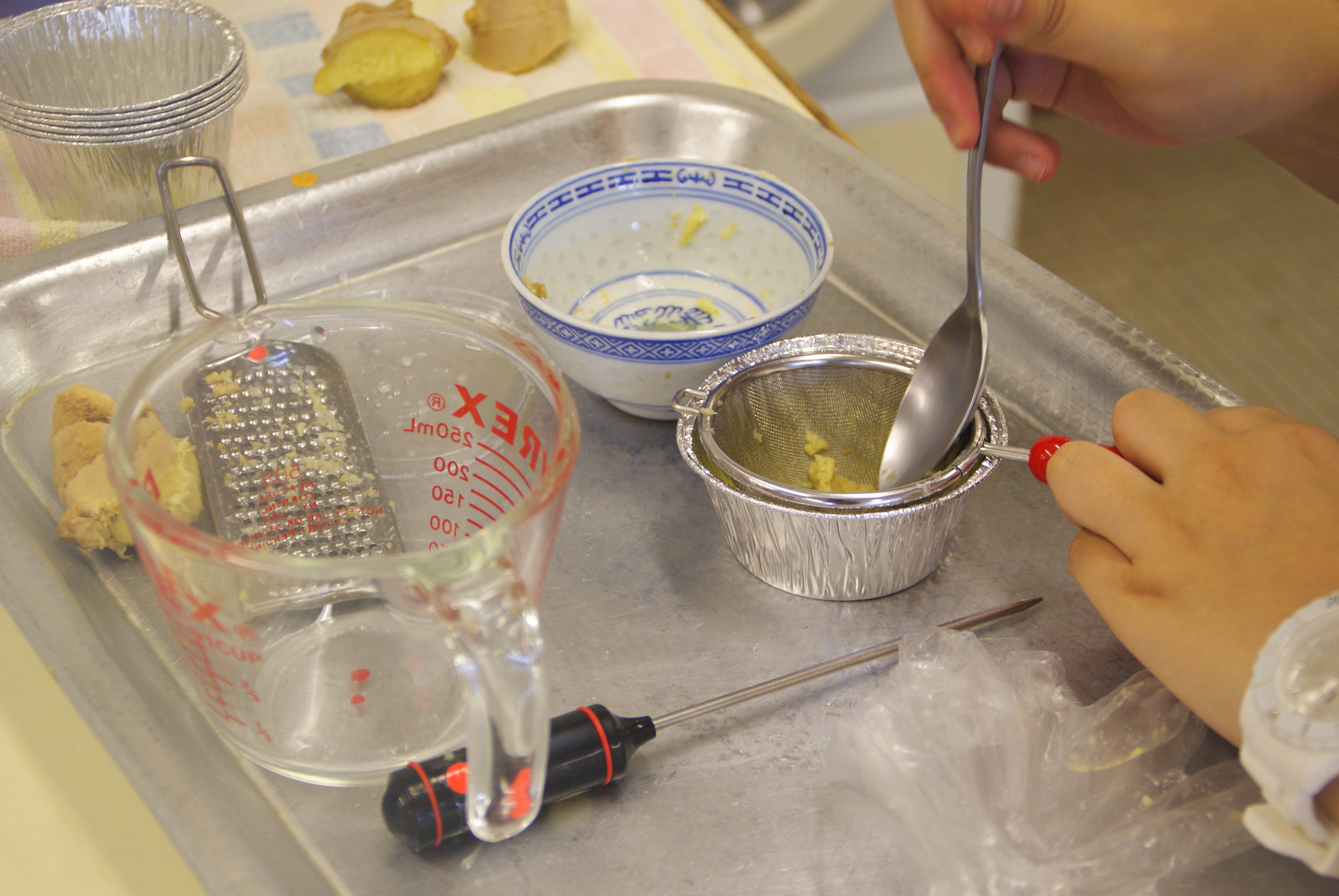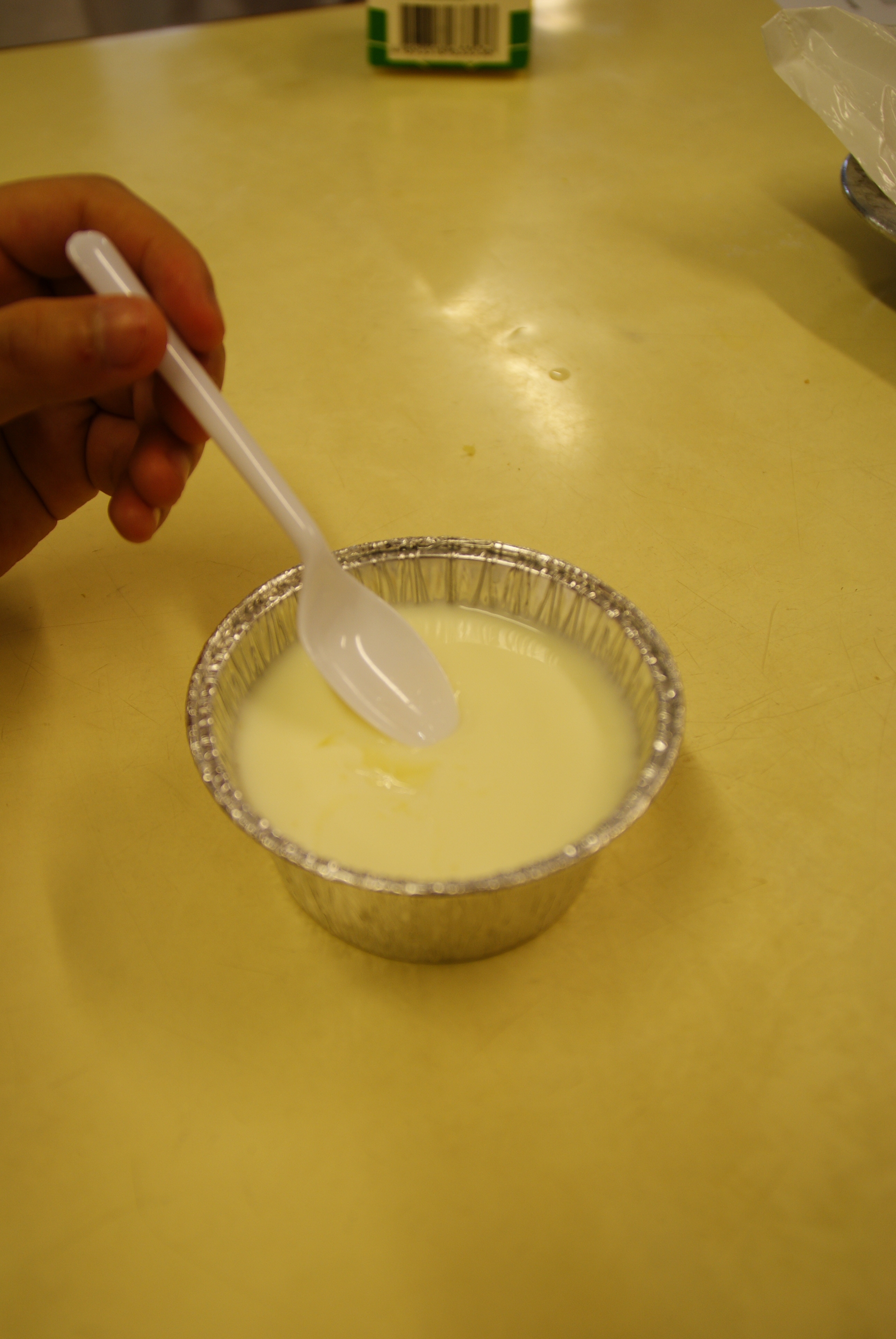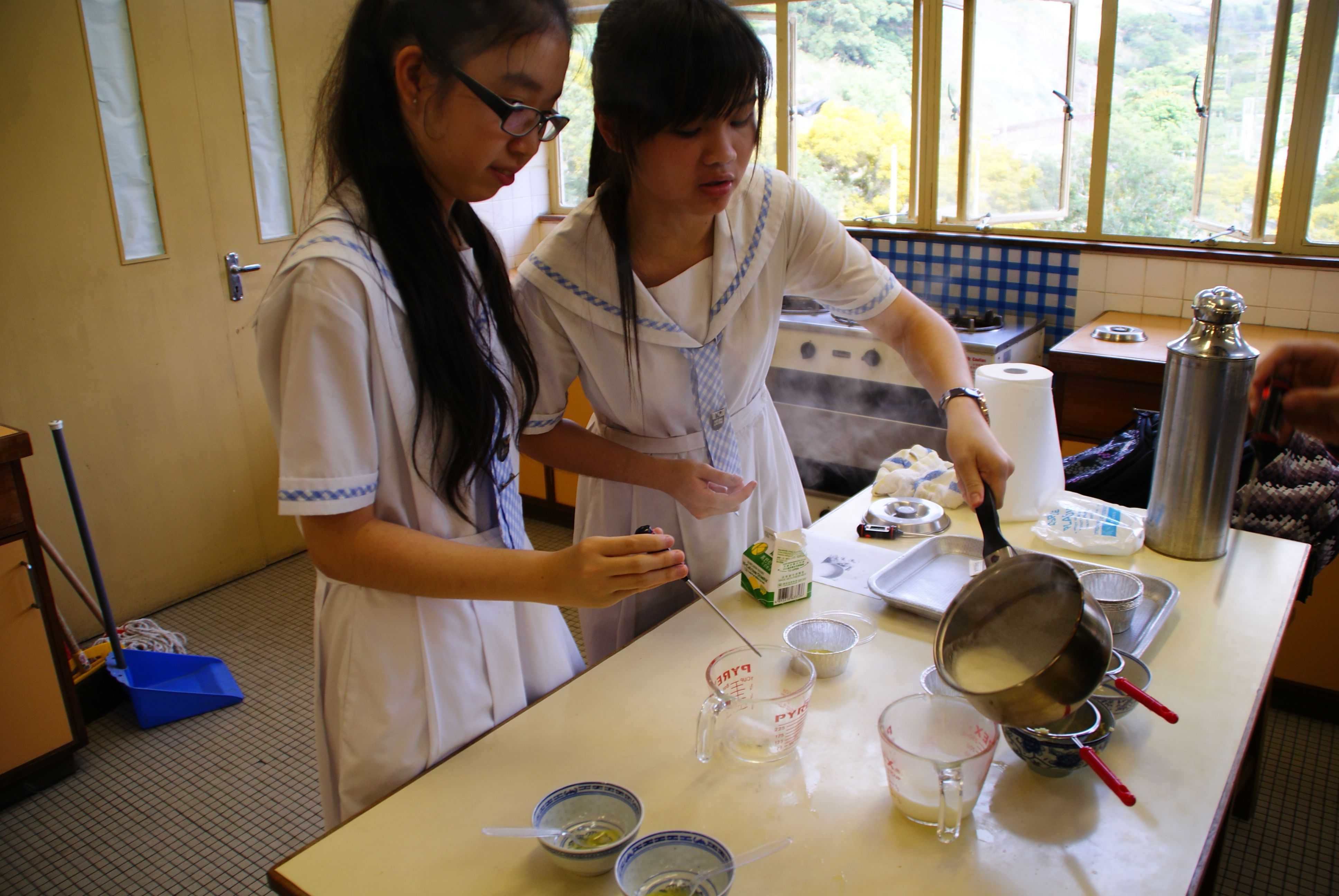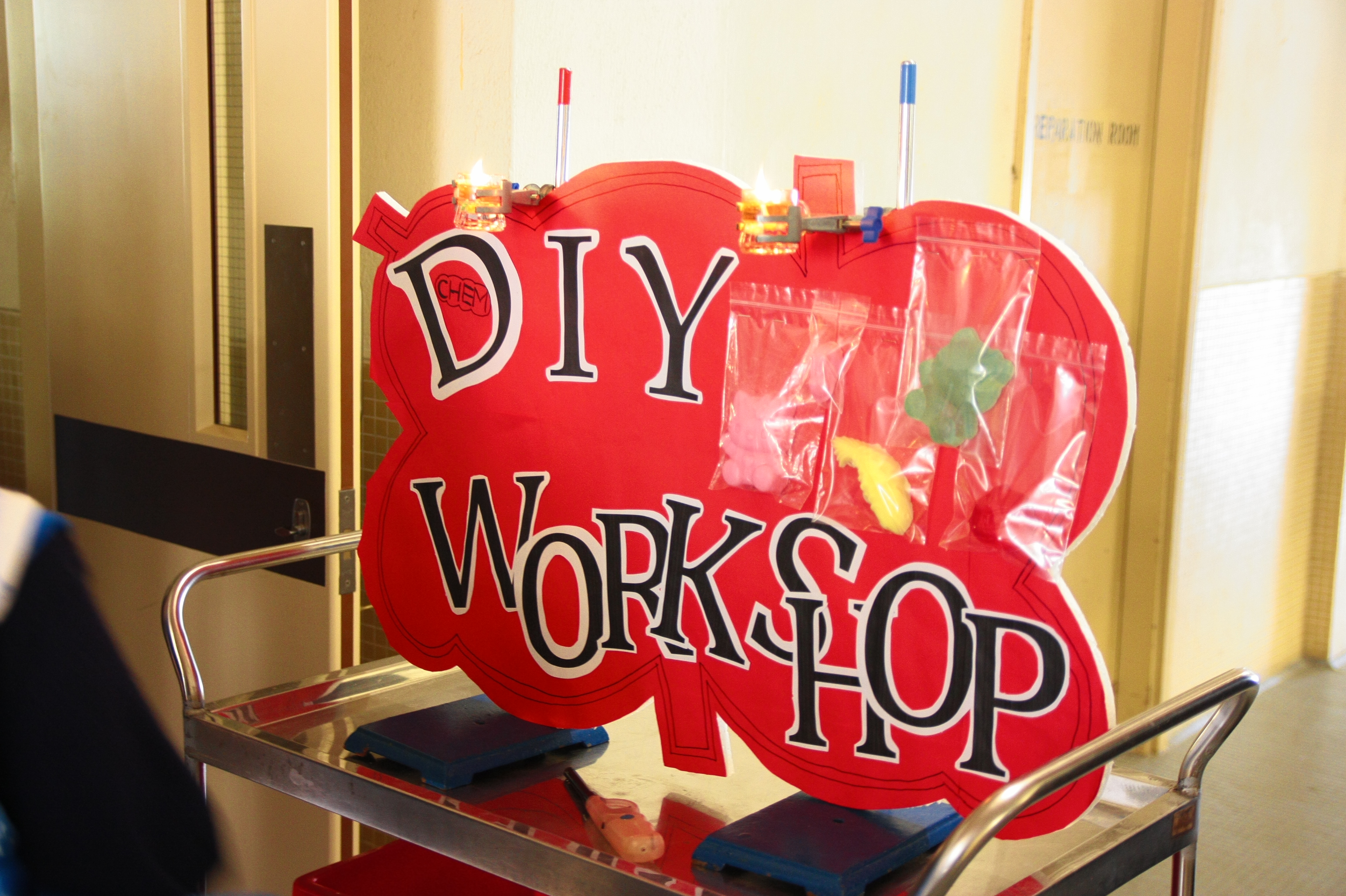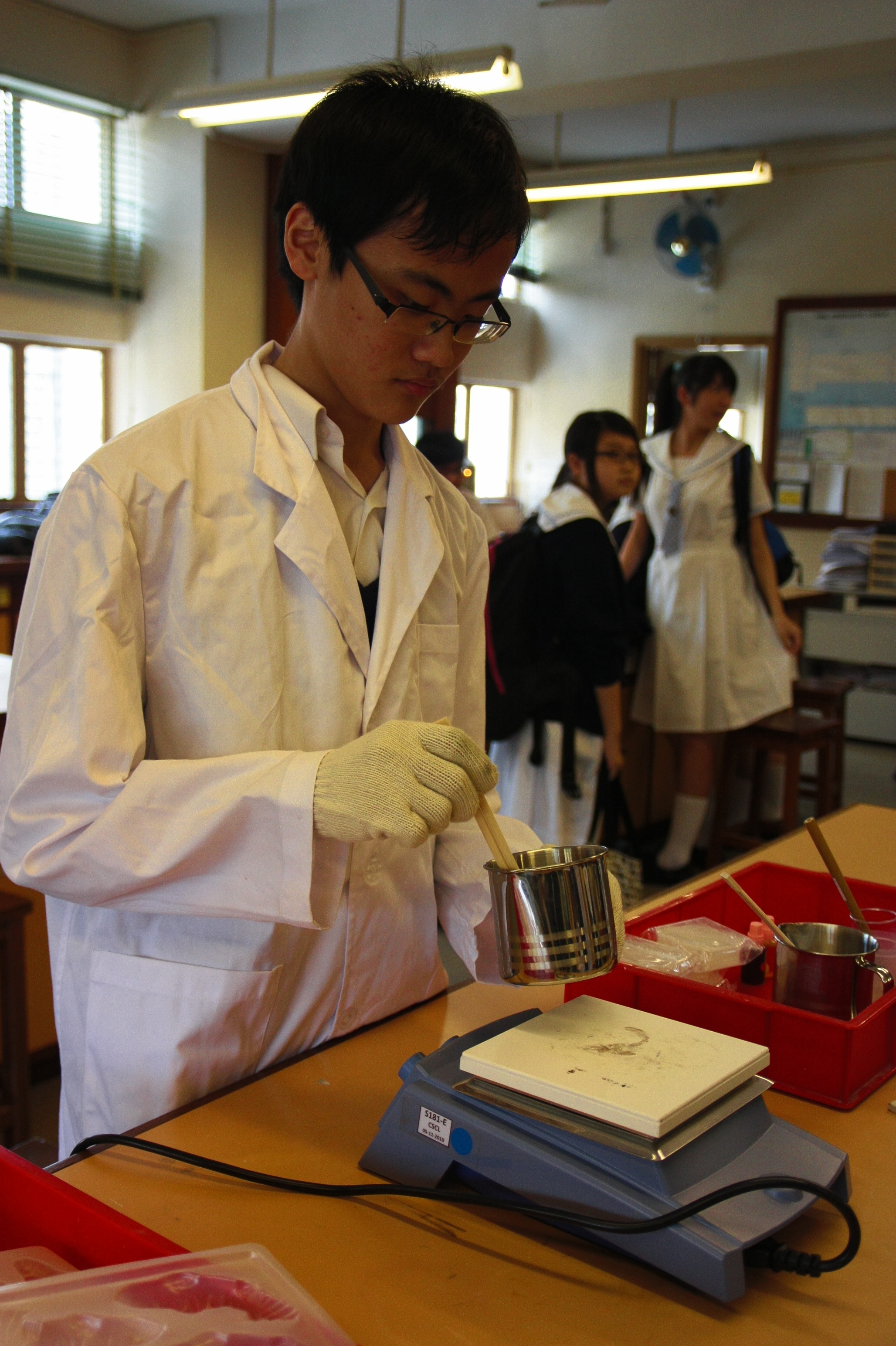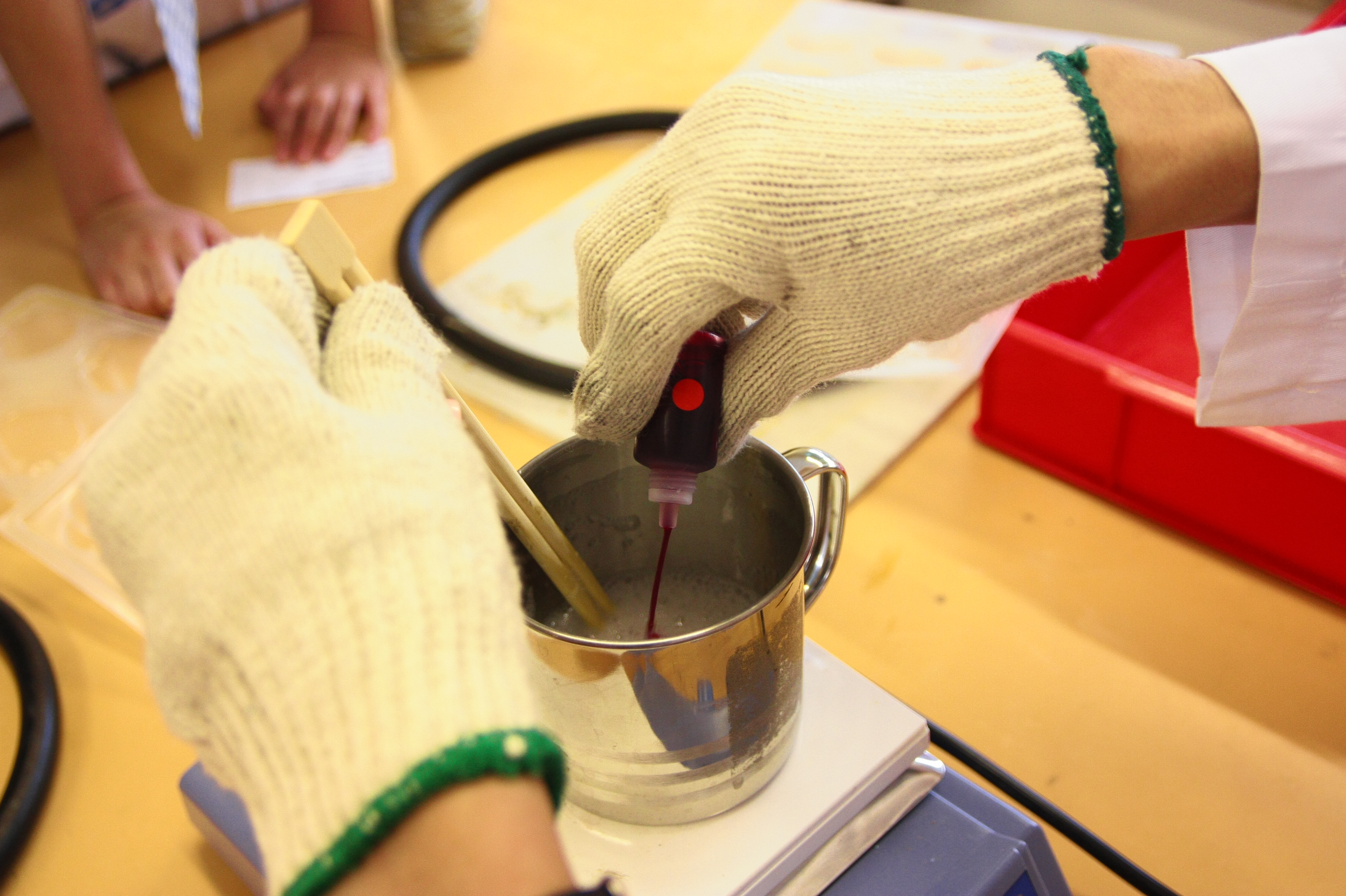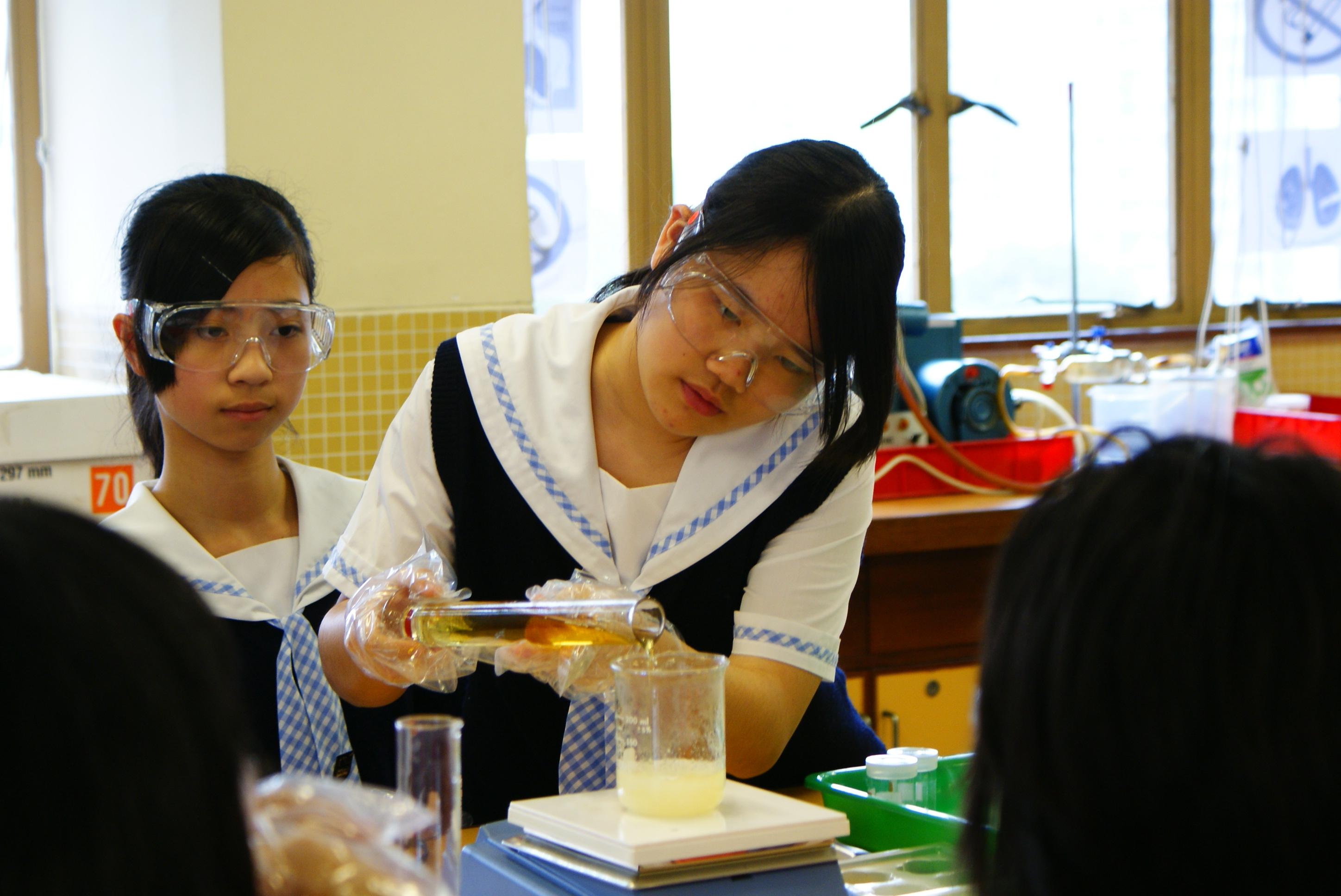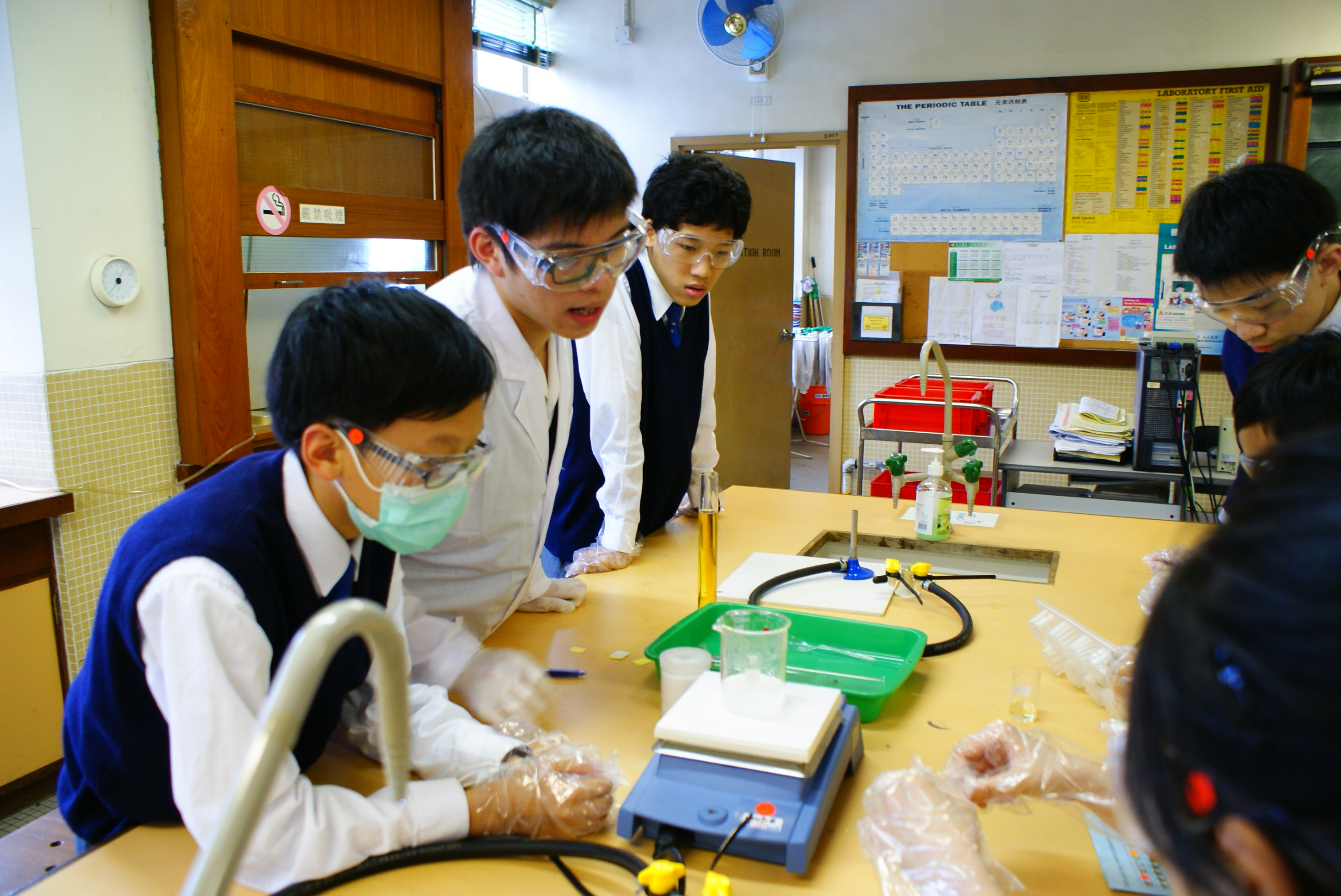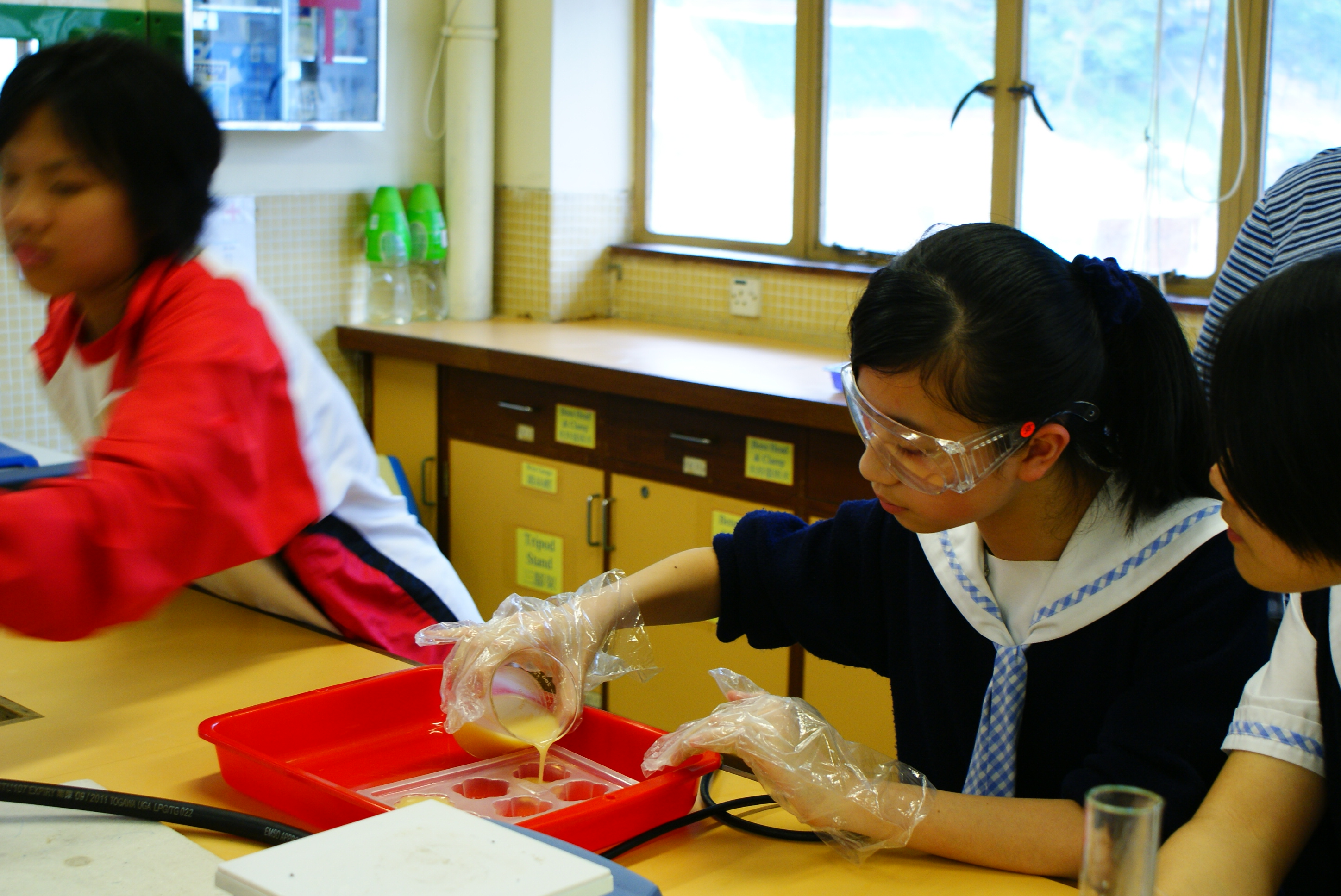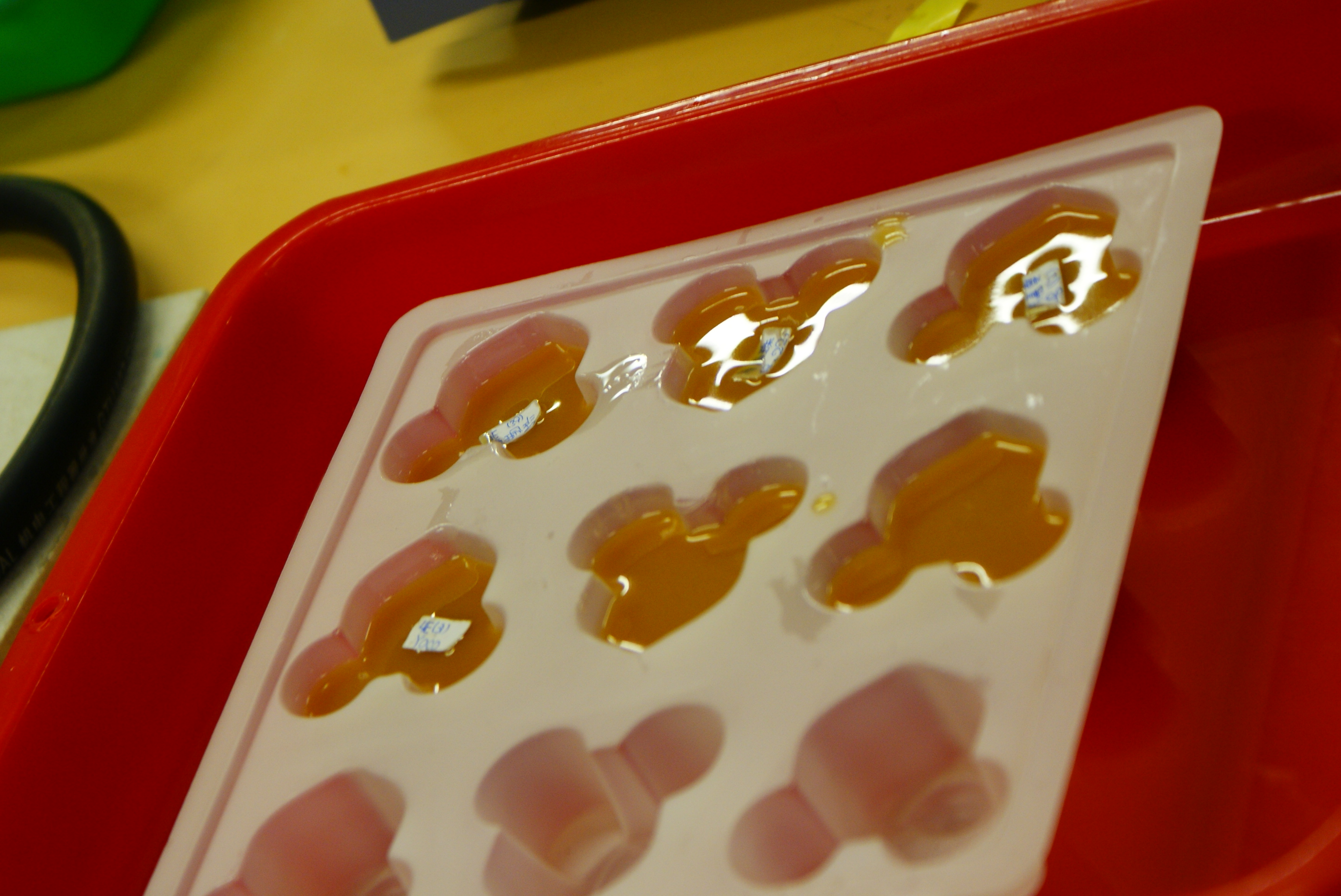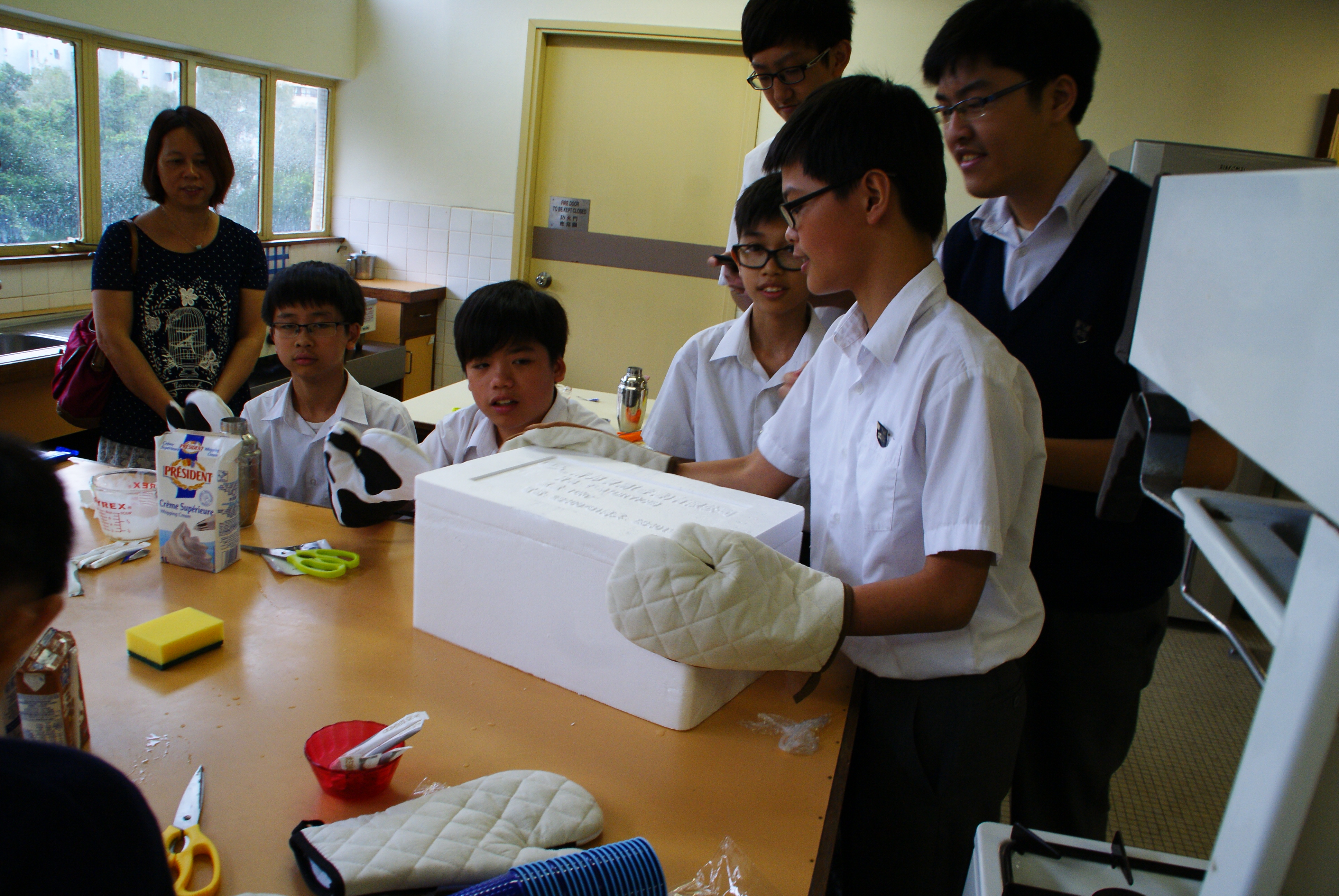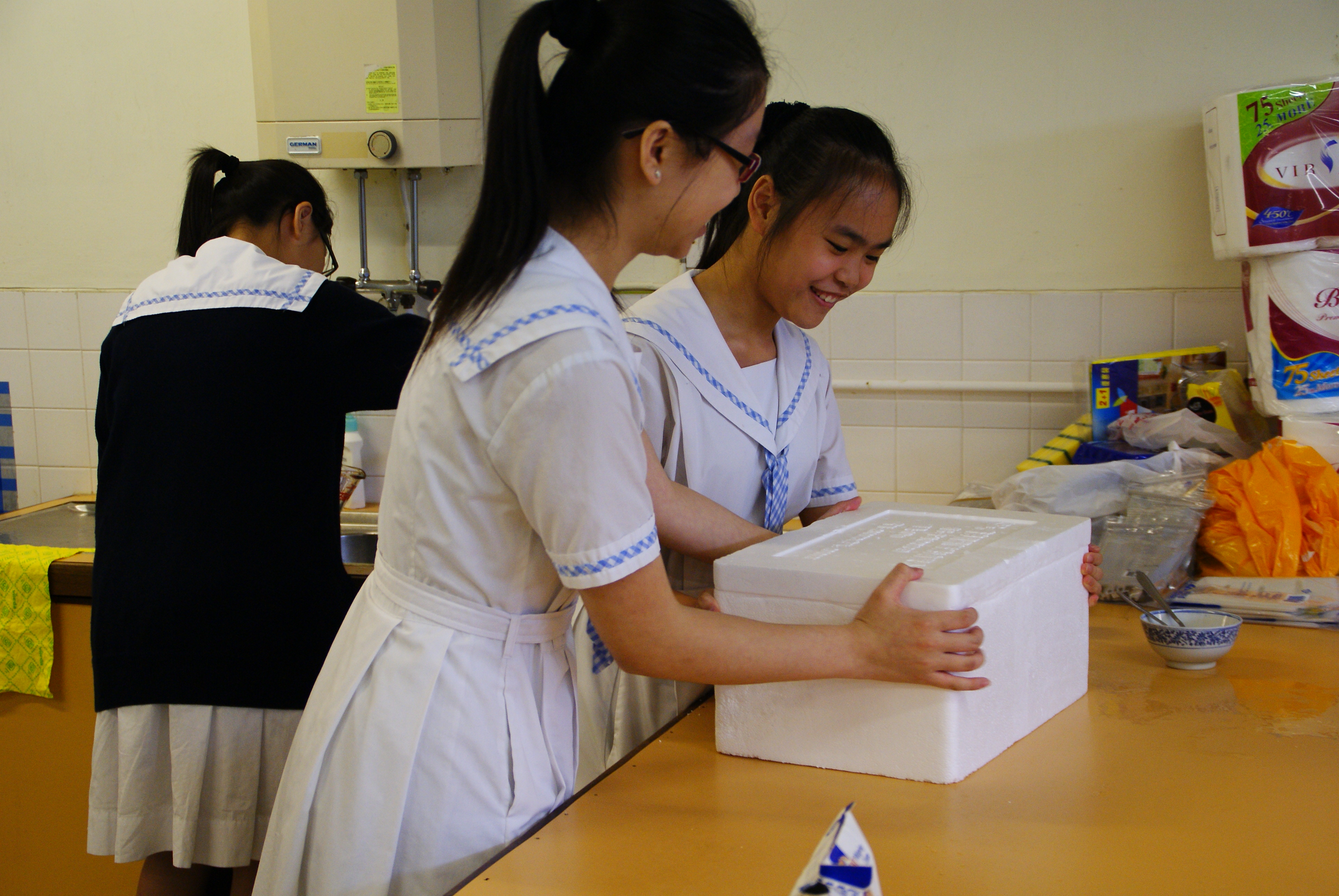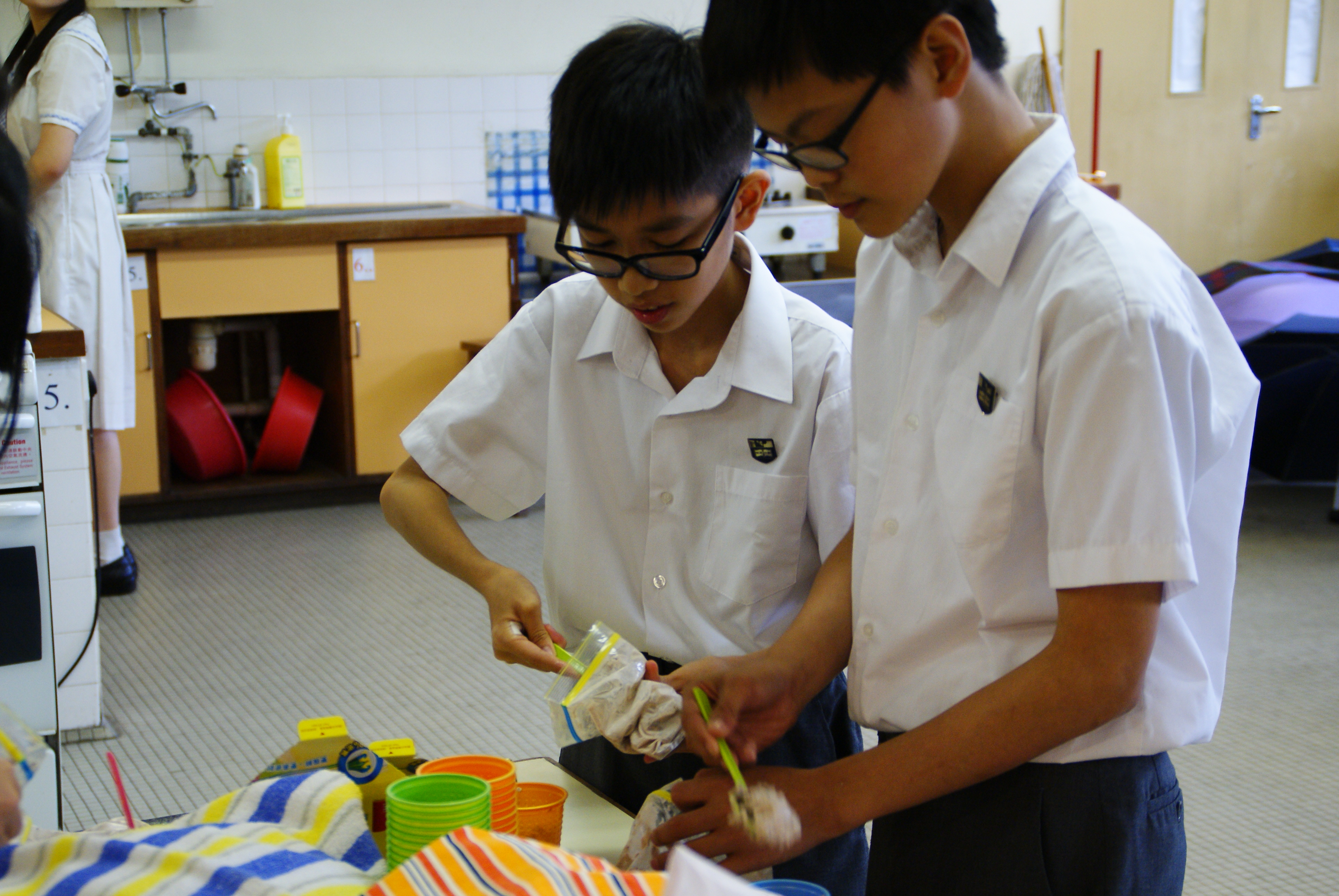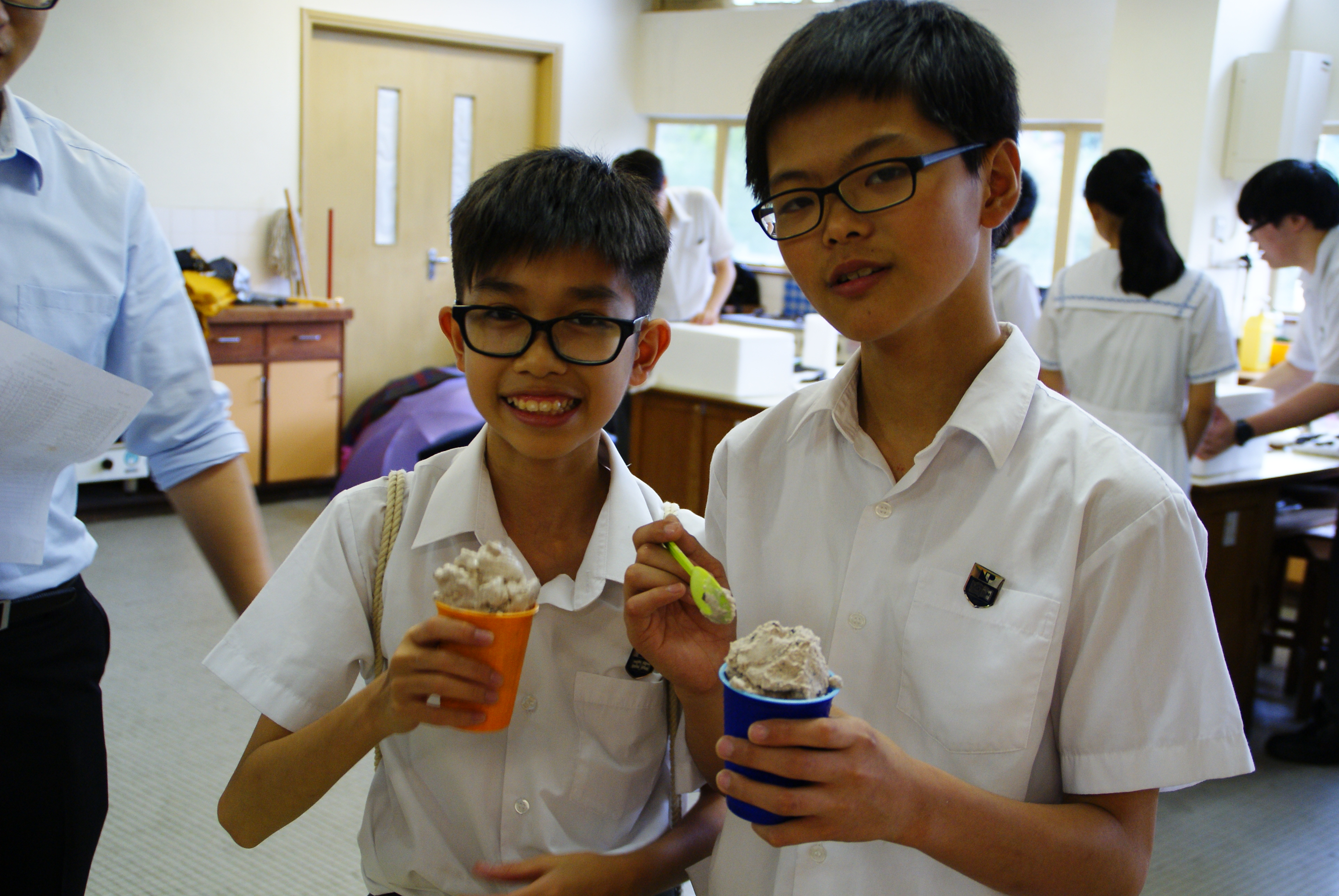Chemistry
化學
Introduction
Chemistry deals with the composition, structures and properties of matter, the interactions between different types of matter, and the relationship between matter and energy. Through the learning of chemistry, it is possible to acquire relevant conceptual and procedural knowledge. A study of chemistry also helps to develop understanding and appreciation of developments in engineering, medicine and other related scientific and technological fields. Furthermore, learning about the contributions, issues and problems related to innovations in chemistry will help students develop an understanding of the relationship between science, technology, society and the environment.
Panel Head
Mr. Lai Kin Fung
Targets
The learning targets of the curriculum are categorised into three domains:
Knowledge and Understanding
Students are expected to:
- understand phenomena, facts and patterns, principles, concepts, laws and theories in chemistry;
- learn chemical vocabulary, terminology and conventions;
- appreciate applications of chemistry in everyday life;
- understand methods used in scientific investigations.
Skills and Processes
Students are expected to have:
- Scientific thinking
- Scientific method, scientific investigations and problem solving
- Decision making
- Practical work
- Information handling
- Communication
- Collaboration
- Learning and self-directed learning
Values and Attitudes
Students are expected to:
- develop curiosity and interest in making scientific investigation;
- develop personal integrity through objective observation and honest recording of experimental data;
- be willing to communicate and make decisions on issues related to chemistry and demonstrate an open-minded attitude towards the views of others;
- be aware that chemistry is a developing science and that it has its limitations;
- appreciate the interrelationship of chemistry with other disciplines in providing social and cultural values;
- be committed to working safely in a laboratory;
- be aware of the impact of chemistry in social, economic, industrial, environmental and technological contexts;
- appreciate the importance of lifelong learning in our rapidly changing knowledge-based society.
Curriculum
| S3 |
Completed Topics |
S4 |
Completed Topics |
S5 |
Completed Topics |
S6 |
Completed Topics |
| 1st Semester |
- Metals
- Materials of the Modern World
|
1st Semester |
|
1st Semester |
- Electrochemistry
- Chemical Reactions and Energy
|
1st Semester |
|
| 2nd Semester |
|
2nd Semester |
|
2nd Semester |
- Rate of Reaction
- Chemical Equilibrium
- Microscopic World II
- Organic Chemistry
- Patterns in the Chemical World
|
2nd Semester |
|
Summer Vacation |
- Fossil Fuels and Carbon Compounds
|
Summer Vacation |
- Industrial Chemistry
- Analytical Chemistry
|
|
Assessment
The table below shows the assessment design of the subject with effect from the HKDSE Examination.
| Component |
Weighting |
Duration |
| Public Examination |
Paper 1 Compulsory part of the curriculum(1-12)) |
60% |
2 hours 30 minutes |
Paper 2 Elective part of the curriculum (13-15)
2 out of 3 |
20% |
1 hour |
| School-based Assessment (SBA) |
20% |
|
Achievement
2013-14 Citi Success Fund - Parents-children Ice-cream Making Workshop
Activities Photos
2013 Scien-matics Week Activities
2015 Scien-matics Week Activities
20130508 English Week - Ice-Cream Making (By Chemistry Department)
20120511 English Week - Chemistry Department - Movie Show Kitchen Chemistry
20120503 English Week - Chemistry Department - The making of Ginger Milk Pudding
20110520 Key Chain & accessories DIY (By Chemistry Department)
20100421 English Week - Soap making activity (By Chemistry Department)
2013-14 Parents-children Ice-cream Making Workshop
